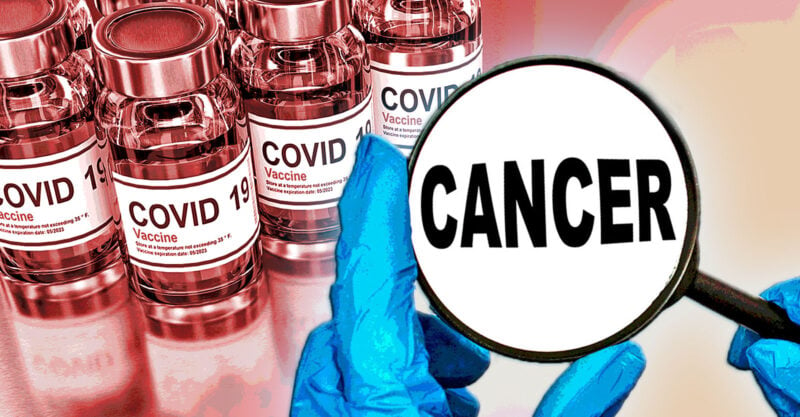An investigation by journalist Rebekah Barnett suggests that politics and financial interests, rather than scientific concerns, led to the retraction of a 2021 study linking SARS-CoV-2 spike proteins and mRNA vaccines to impaired DNA repair mechanisms and potential cancer risks. Emails obtained under the Freedom of Information Act revealed that NIH scientist Eric O. Freed oversaw the retraction despite objections from lead author Ya-Fang Mei. The co-author was allegedly pressured into requesting the retraction. The NIH has refused to release related emails, citing trade secret exemptions, fueling further controversy.
Editor’s Note: The NIH’s refusal to release key emails under the mask of protecting trade secrets only adds to the public’s mistrust. When significant health risks like impaired DNA repair mechanisms and potential cancer links are involved, the public deserves full disclosure and transparency. This veil of secrecy undermines confidence in public health institutions and stifles important scientific debate, ultimately doing a disservice to public health.
Read Original Article
Read Online
